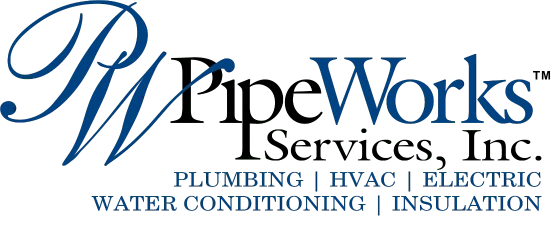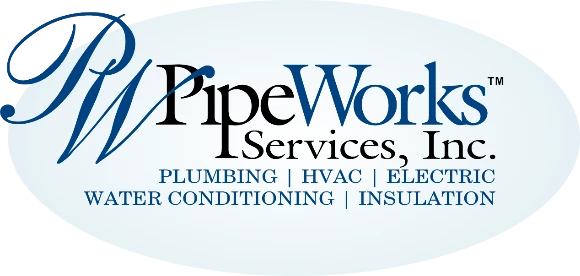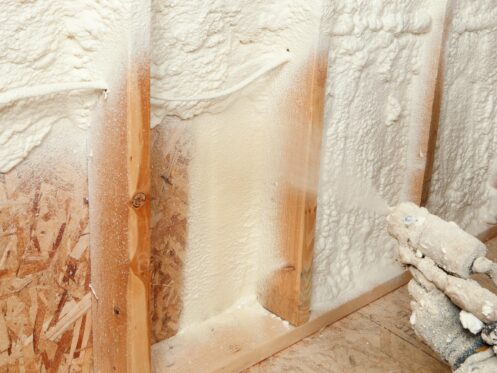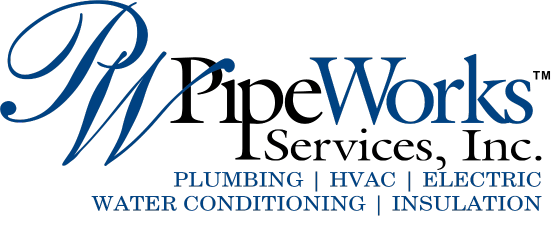Central and northern New Jersey homes can benefit from having various cracks, gaps, holes, and open spaces sealed. Air sealing creates a much tighter envelope in your home by eliminating areas that allow conditioned air to escape into the outside and spaces that enable outside air to come inside. There are several benefits associated with air sealing, and you should have a professional complete this process.
Where Should Air Sealing Be Completed?
We can perform professional air sealing anywhere in your home where a hole, crack, gap, or space is open to the outside. In older homes, we see many issues in attics, basements, and around windows and doors. However, even newer homes can have many compromised areas that should be addressed. It’s common to see issues around exhaust fans, skylights, plumbing, etc.
How Do I Know if I Have an Air Leak?
If you want to see if your home has any air leaks, there are some easy signs to look for. Pay attention to cold drafts around windows, doors, or electrical outlets, especially when it’s chilly outside. If your energy bills are higher than usual or you have trouble keeping your house at a comfortable temperature, that might also mean leaks.
A simple way to check for leaks is to hold a lit incense stick near your suspect areas. If you see the smoke moving weirdly, it’s a good sign that air is getting in. For a more detailed assessment, consider calling a professional who can do a thorough energy check of your home to find any leaks.
The Benefits of Air Sealing
You should consider professional air sealing in your home for several reasons.
Saving Money
When you have a lot of cracks and gaps around your home, you’re losing a substantial amount of conditioned air. You’re also allowing the outside air to come in, affecting your indoor temperature and humidity. This can lead to your HVAC system running more frequently to maintain a comfortable indoor temperature. This results in an increase in energy consumption, which raises your monthly utility bills. Sealing up open spaces will keep conditioned air where it belongs.
Improving Indoor Air Quality
Several contaminants can negatively affect your indoor air quality. These include pollen, mold spores, pollution, and more. While there are several sources of indoor air pollution, the goal is to prevent as much outdoor particulate matter from coming inside as possible. Cracks and gaps can even allow pests to enter your home, which can negatively impact your indoor air quality through feces and other waste material in your living spaces, ductwork, attic, and more.
Controlling Humidity
The relative humidity inside your home should remain between 35% and 50%. This is the optimal level for your health and the structure of your home. Healthy humidity levels in the home can also protect your furnishings and personal items. Maintaining a proper humidity level is much easier when you don’t allow outside air to come indoors.
If you’re still experiencing humidity issues after professional air sealing, contact our team about us installing a whole-house dehumidifier or whole-house humidifier to better take control of this problem.
Preventing Ice Dams
Is your home prone to experiencing ice on the outer edges of its roof during the winter? Ice dams can prevent snow and moisture from draining off your roof, leading to roof damage and potentially water in your home. You may also see a lot of icicles along the gutter line of your roof. These icicles can be dangerous if they break off and fall on someone walking in that area.
Air sealing can prevent ice dams from occurring. By preventing heat loss from your home, your roof will be able to function as intended. If there aren’t many temperature variations occurring from the inside, you shouldn’t see a lot of thawing and freezing going on up there. Your home will be consistently heated on the inside, preventing these warm and cold spots from above after air sealing has been performed.
What Products Are Used?
We use several products for air sealing. The item we select is usually based on the size of the space that needs to be sealed and where it’s located. Commonly used materials include caulk, weather stripping, spray foam, air barriers, house wraps, etc. Some products last longer than others, so it’s a good idea to inspect your sealed areas visually on a regular basis. We can replace things like weather stripping as needed.
Insulation Considerations
In addition to having professional air sealing conducted in your home, you may also want to consider having additional insulation installed. These two processes are commonly performed together. We can add insulation in areas like your attic, walls, around the foundation in your basement, etc. This can help keep your home comfortable and efficient all year long.
Why Professional Service Matters
It may seem like air sealing is a simple process you can complete. In some scenarios, fixing a small hole here and there may be simple. However, spotting all the compromised areas of your home takes the trained eye of a professional. It’s important that we choose the right material for the job to provide lasting and effective results. Grabbing a few items from your hardware store shelf and tackling what you can quickly see leaves a lot unaddressed.
Common Air Sealing Misconceptions
Unfortunately, certain myths circulate regarding air sealing. For example, some people think it creates an envelope that is too tight in the home. While a healthy exchange of air between the outside and inside is important, this should occur from the correct sources. Ventilation, exhaust fans, and manually opening your windows are all efficient methods of airing out.
Air sealing should prevent moisture problems. As mentioned, you can control humidity in your home using exhaust fans, ventilation, and whole-house dehumidifiers. It’s better to have control over your home’s humidity rather than allowing outside air to seep in through various spaces.
Air sealing will not make your home’s air feel stagnant or oppressive. In fact, this allows you to control your indoor air better. You can use your heating or cooling equipment to maintain your indoor temperature. Other equipment can remove particulate matter or moisture. You could also experience fewer hot and cold spots throughout your home once it has been professionally sealed. If you have certain rooms that feel very drafty in the winter or very hot in the summer, air sealing is a simple way to rectify this situation.
To learn more about professional air sealing in your Chatham home, contact our team at Pipe Works Services. In addition to air sealing, we can also help with installing, repairing, and maintaining heating and cooling equipment, taking care of new plumbing installation, repairs, and more, conducting interior and exterior electrical work, and addressing any indoor air quality concerns. We also provide commercial services and home energy audits. Contact Pipe Works Services today for more information.





